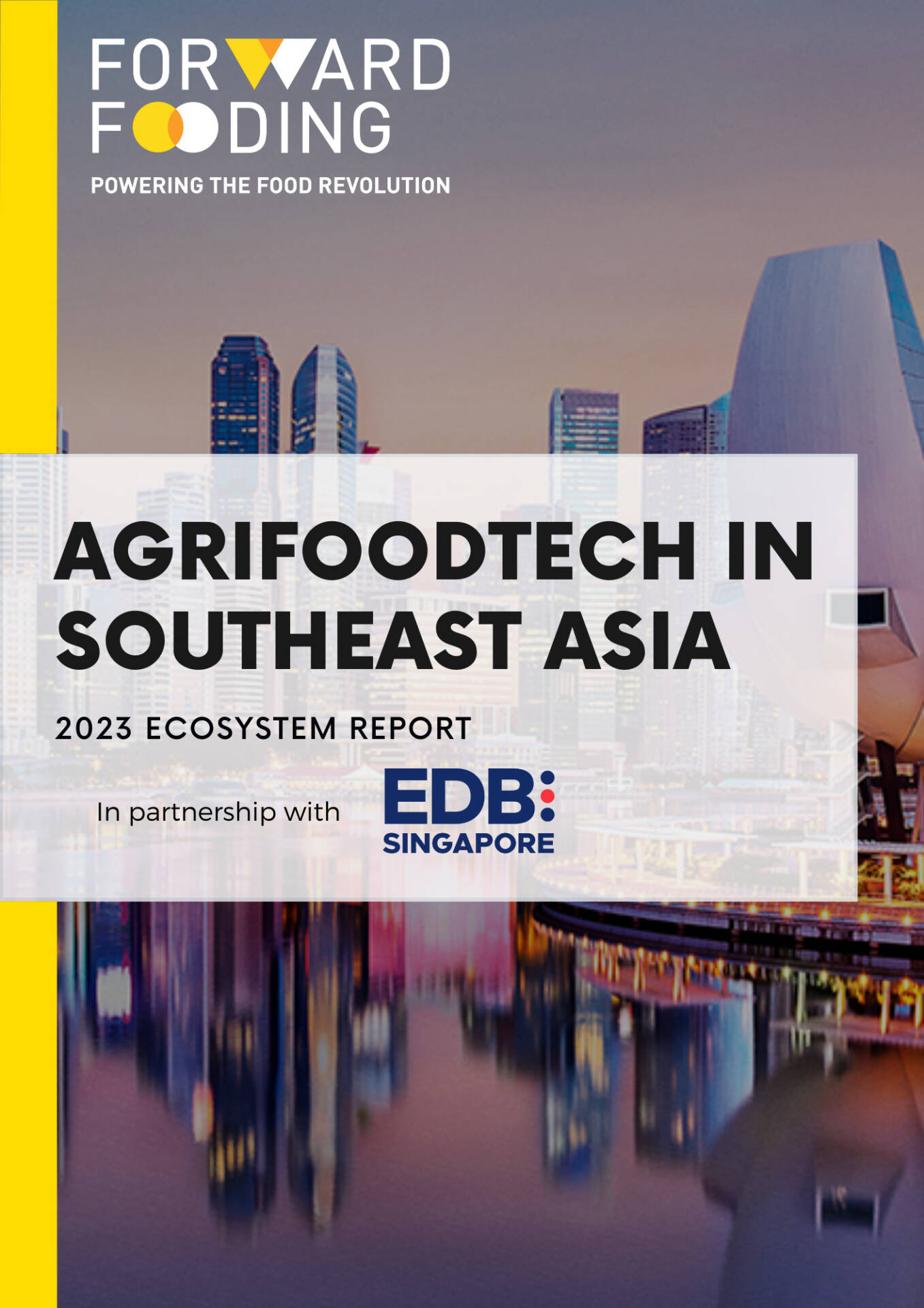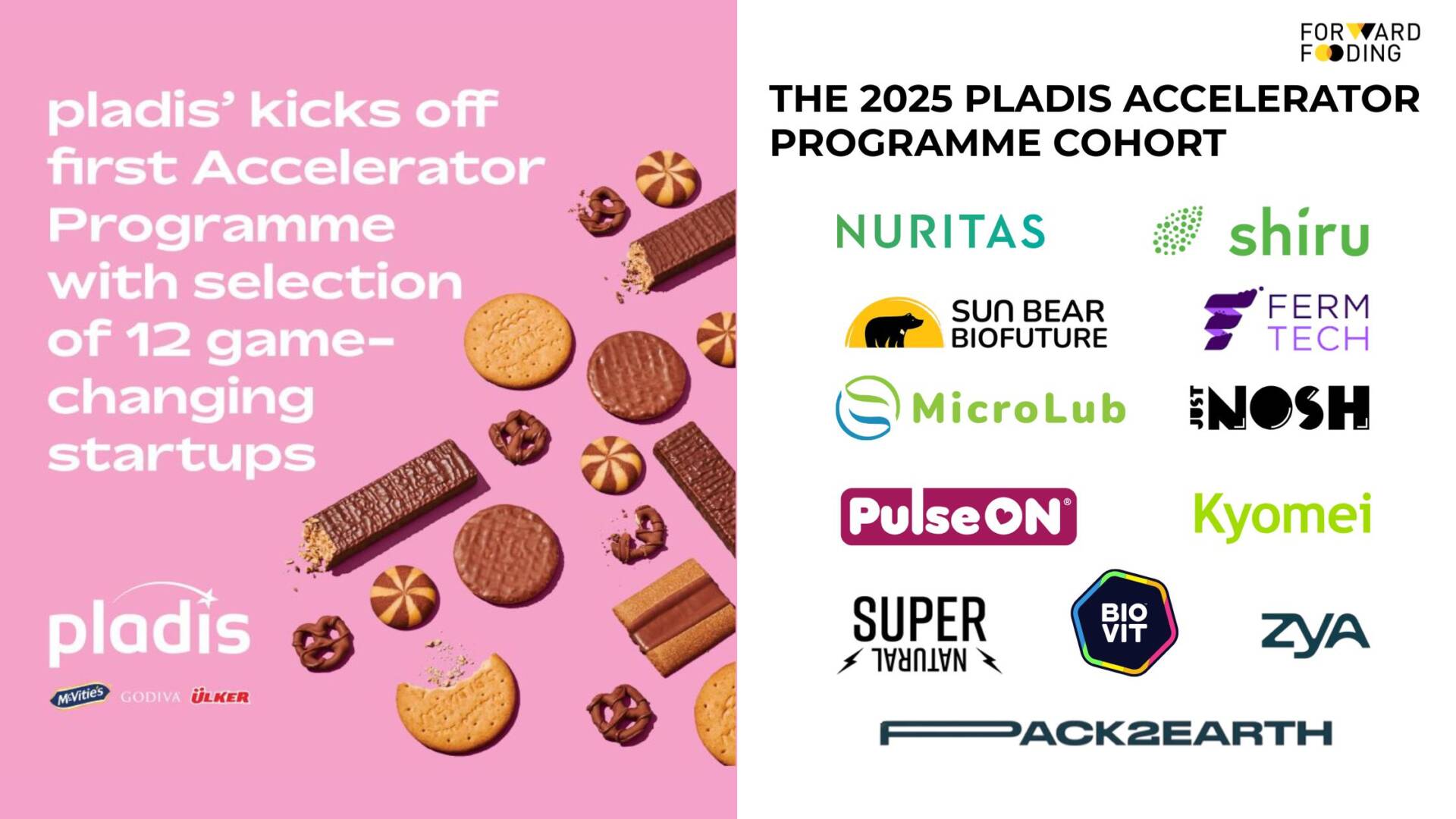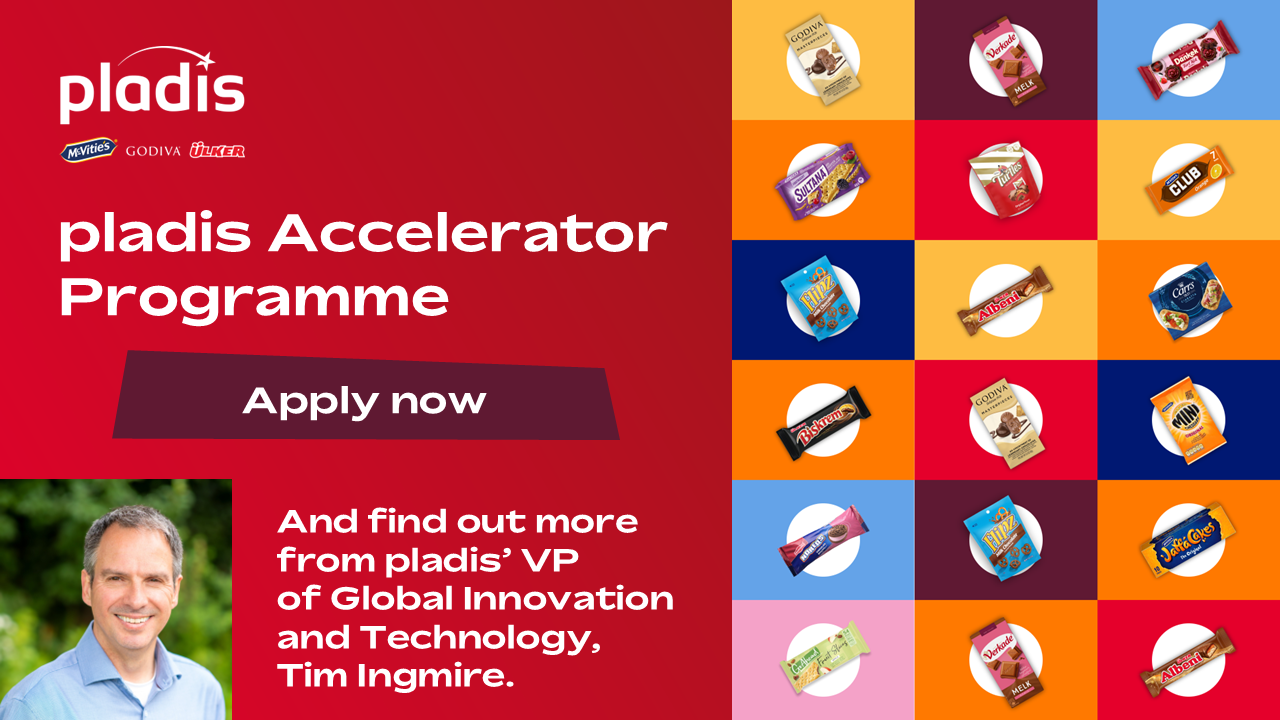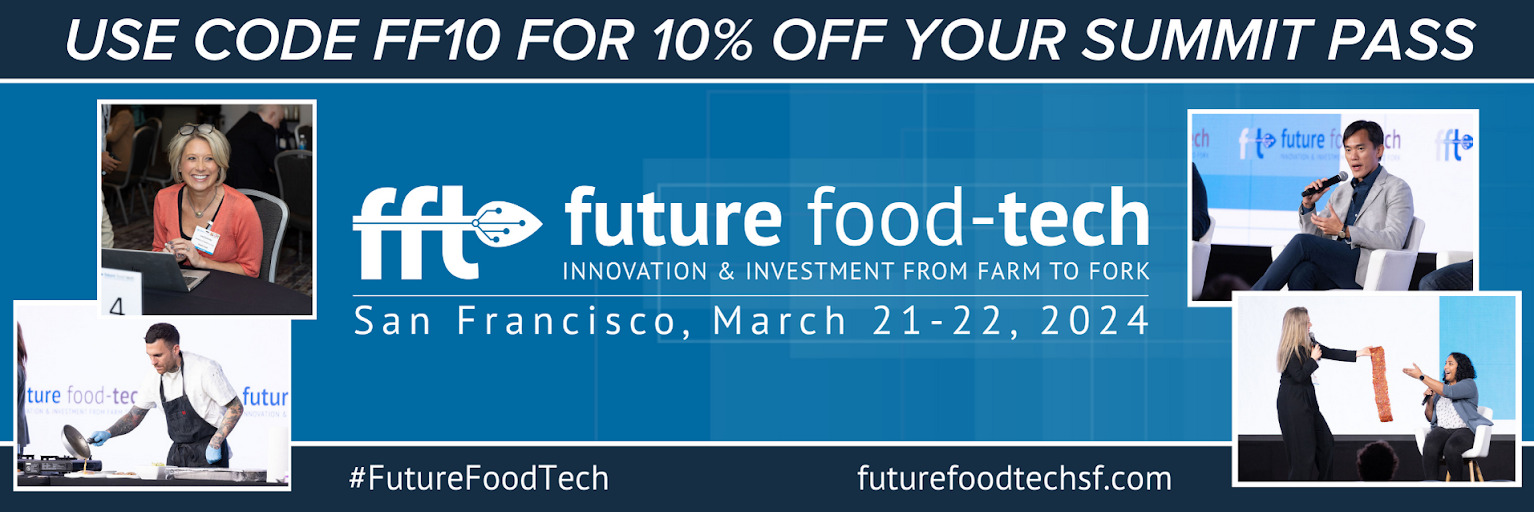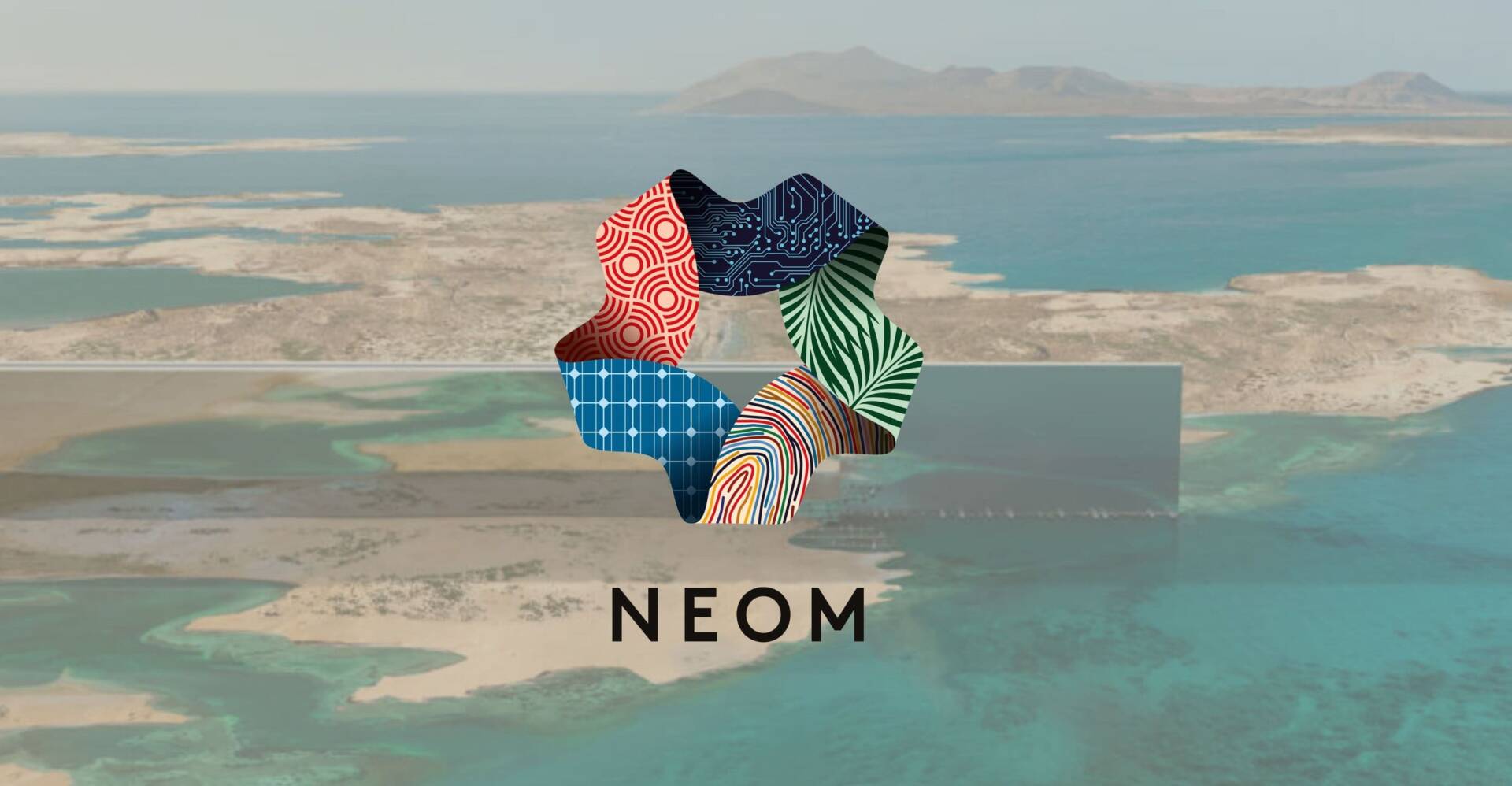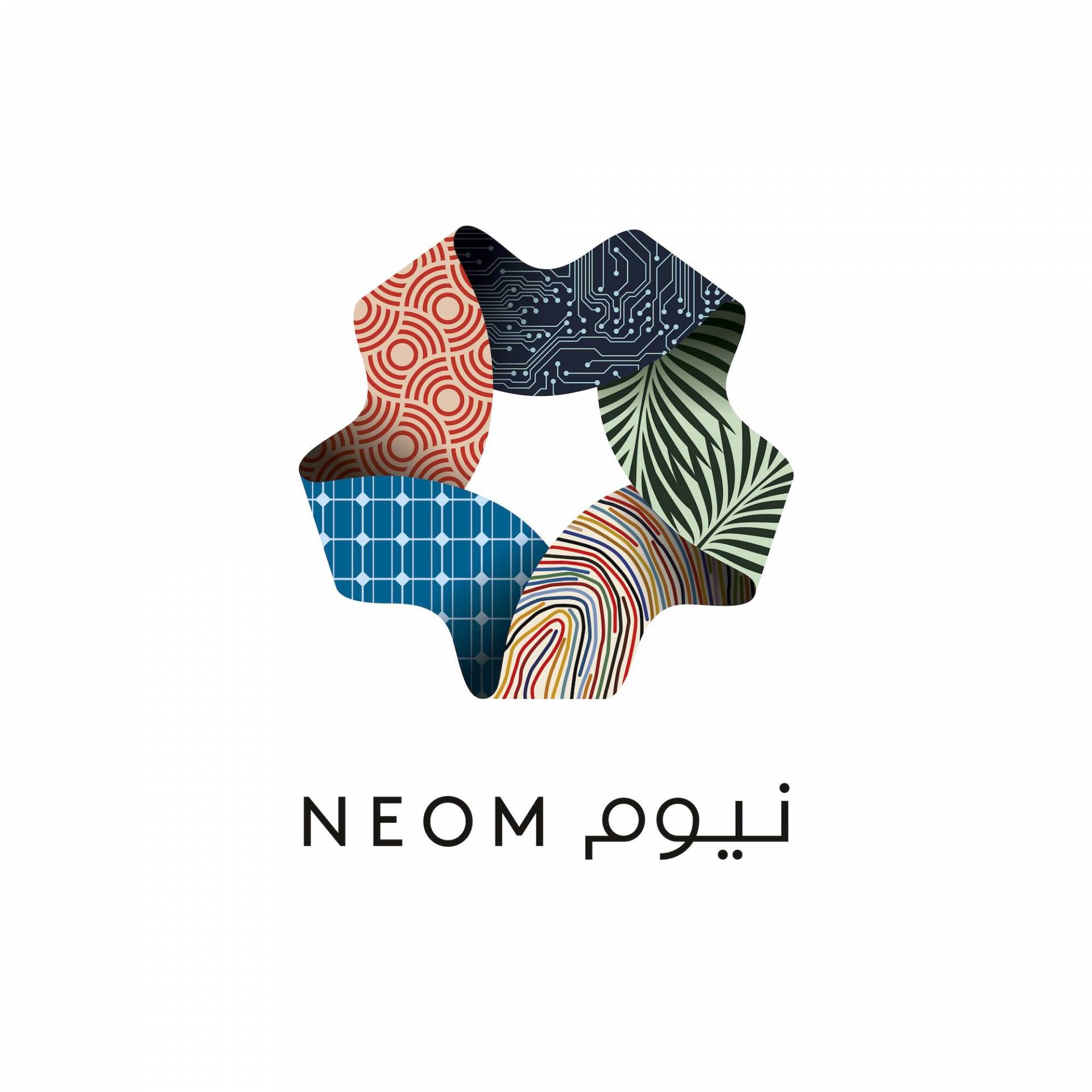FORWARD FOODING
THE BLOG
Beyond the Wrapper: The Cacao Supply Chain

The journey of cocoa from plantations to the shelves of our favorite stores is a complex and intricate process involving numerous stakeholders. In this blog post, we will unravel the various stages in the cocoa supply chain and highlight the challenges and opportunities associated with traceability in promoting ethical and sustainable practices.
The Chocolate Industry Under Scrutiny
In recent years, issues of low farmer income, child labor, and deforestation linked to cacao production have come to light and have put chocolate companies under the media spotlight.
To address these issues, leading stakeholders in the chocolate industry are making significant commitments to enhance the sustainability and transparency of their supply chains (e.g. part of Cocoa & Forests Initiative).
Traceability involves the ability to track a product or its components throughout all stages of its life cycle, from raw material sourcing to final consumption. This process requires a comprehensive view of the supply chain, looking both forward and backward.
Tracking the cocoa supply chain from bean to bar is a complex challenge. Cocoa beans traverse multiple intermediaries, and data collection in many cocoa-producing regions is hindered by limited infrastructure. This opacity creates an environment ripe for human rights abuses and environmental degradation.
According to the World Cocoa Foundation, there are 5-6 million cocoa farmers worldwide, but the number of people who depend upon cocoa for their livelihood is 40-50 million. Of the total production, 70% comes from Africa (mainly from West Africa), 19% from Asia and Oceania and 11% from the Americas.
Cacao Traceability Status Quo: How Is Cacao Traced and Tracked?
Before we delve deeper into the challenges and opportunities of traceability of cacao in the supply chain, let’s take a look at the different steps of the cacao supply chain.
As previously underlined, traceability across the cocoa supply chain is critical for building a sustainable chocolate industry and providing accountability. Let’s take a closer look at how different actors are involved in regulating traceability.
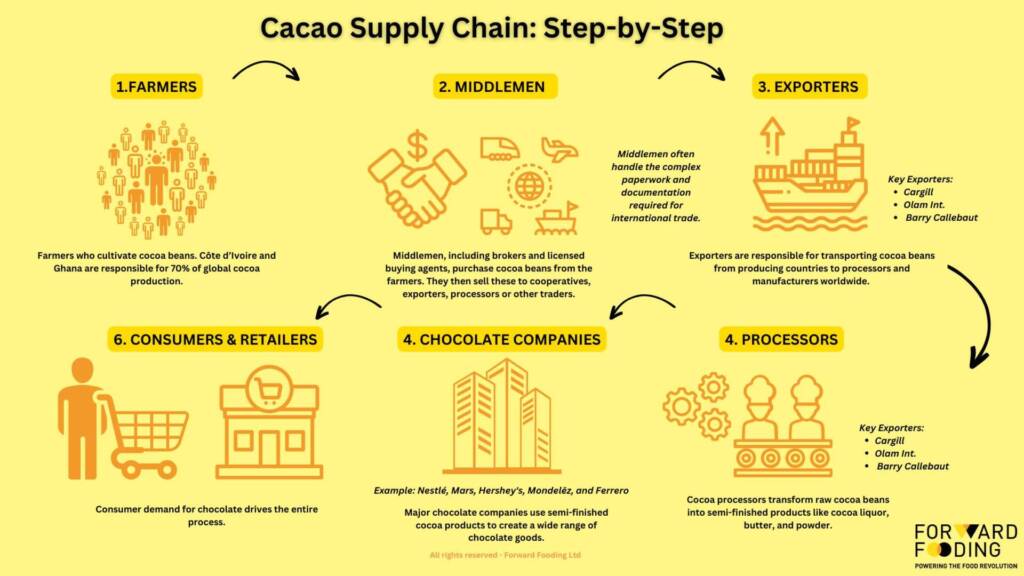
Certification Bodies
In the cocoa sector, the primary standard-setting bodies are Fairtrade International and Rainforest Alliance. Both organizations have established key standards for sustainability and traceability.
Fairtrade International sets compliance criteria to ensure adherence to social, economic, and environmental standards. It offers two traceability systems: the mass balance system and physical traceability, depending on the buyer’s preference. As a standard-setting body, Fairtrade International defines compliance criteria to ensure that organizations conform to Fairtrade Standards. The FAIRTRADE mark on a product indicates that producers and businesses have met these social, economic, and environmental standards.
Cocoa, a Fairtrade product since 1994, is subject to these standards. Certified cooperatives must maintain detailed records and, from the third year of certification, collect data to assess and improve sustainable farming practices.
Fairtrade International partnered with FLOCERT, an independent certification body, to conduct audits and certification. FLOCERT sets the standards and performs annual audits. The Fairtrace platform is used by companies purchasing Fairtrade products to record transactions online, with sellers confirming the accuracy of purchase details, such as volume, price, premium, and date.
There can be a synergy between Fairtrade systems and national systems. For example, the CCC System (SYDORE) requires cooperatives to report cocoa sales to the government traceability system, including member details and quantities. A specific register tracks Fairtrade cocoa sales to prevent double-selling.
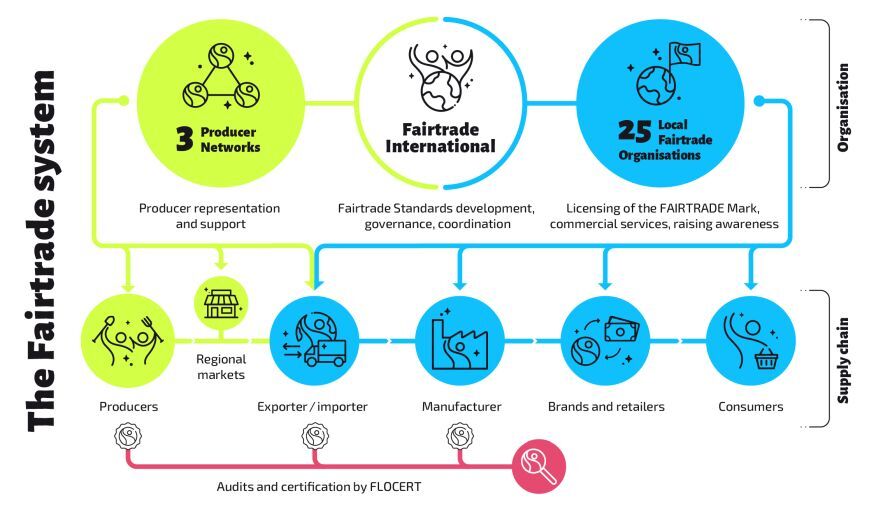
The Rainforest Alliance’s cocoa certification program is the largest global initiative for sustainable cocoa farming. It works with one million cocoa farmers to promote sustainable practices, improve incomes, and restore landscapes. The program also partners with various stakeholders to address human rights, environmental, and economic issues in the cocoa sector. Key efforts include supporting compliance with the EU Deforestation Regulation, advocating for shared responsibility in the supply chain, and building climate resilience in Ghana. The Rainforest Alliance provides resources and education to help companies source sustainable cocoa and communicate their impact. The Rainforest Alliance uses cocoa on a new digital platform called MultiTrace. This platform tracks every transaction, purchase, sale, and conversion of Rainforest Alliance cocoa in one system.
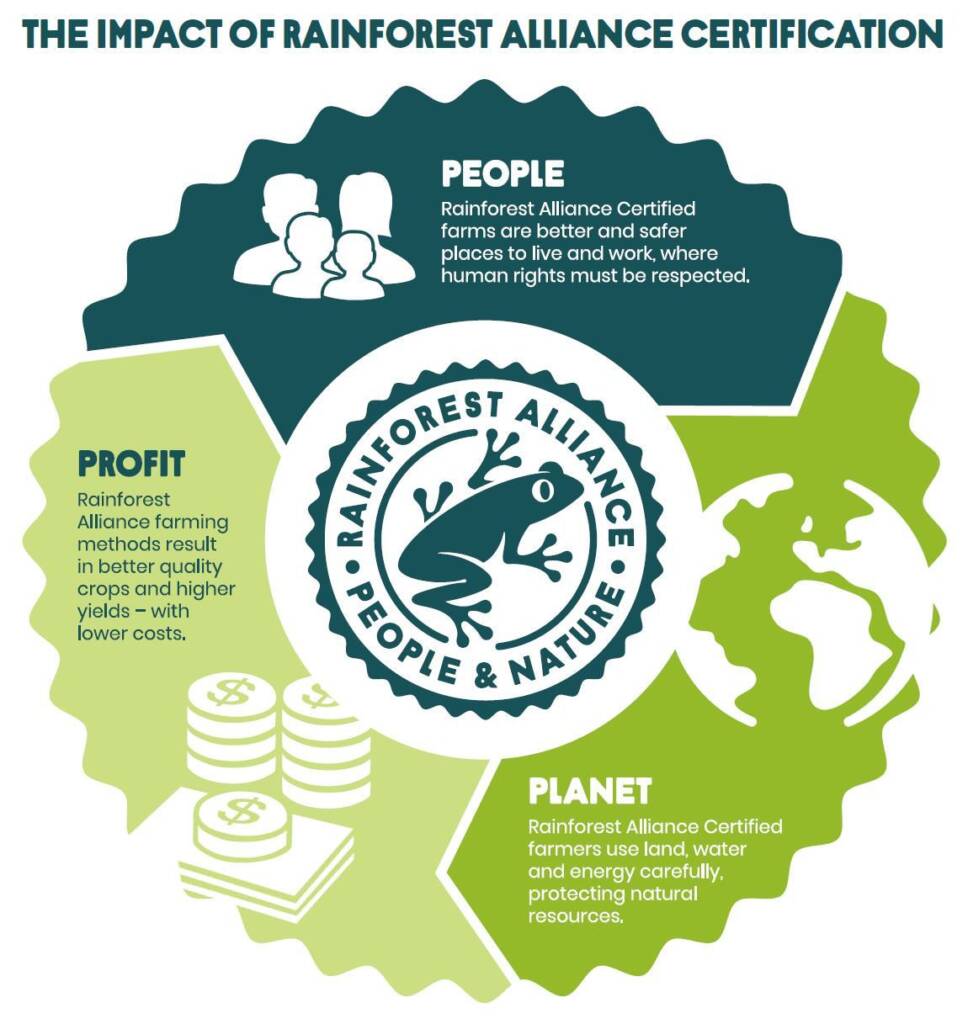
Despite major progress being driven by certification bodies to establish a more sustainable supply chain for cacao, their role in enforcing traceability is limited. Certification bodies primarily focus on developing sustainability standards for sustainable cacao farming and ethical labor practices, rather than full supply chain transparency. In addition, certification bodies rely on information provided by cooperatives and traders, which can introduce inaccuracies.
Internation Traceability Standards: ISO 34101
Consumer awareness of social and environmental issues has led to a growing demand for ethical and sustainable cocoa products. In response, stakeholders developed ISO 34101, a voluntary international standard providing comprehensive guidelines for sustainable cocoa production. It includes management systems, sustainability criteria, and strict traceability requirements to ensure cocoa beans are sourced sustainably. The standard also addresses deforestation and child labor using World Labor Organization protocols and aligns with four UN Sustainable Development Goals. ISO 34101 aims to enhance existing certifications and promote a more sustainable cocoa industry by 2030.
Stakeholder Traceability
Multiple company-led traceability systems have emerged in the cocoa sector, with companies designing and implementing their own approaches to meet sustainability standards and specific needs.
- Cargill
Cargill uses GPS technology to assess farms and map their direct supply chain (about 60% of their volume) back to the first point of purchase. For first mile traceability, Cargill tracks cocoa from the farm to the cooperative level, initially using third-party certifications like UTZ and Fairtrade, or by employing digital tools like CocoaWise™ BeanTracker. This system links each cocoa bag to a unique farmer ID and GPS location. As of 2021, they have achieved 100% traceability in Ghana and 61% in Côte d’Ivoire, with over 70,000 farmers in Côte d’Ivoire and about 25,000 in Ghana participating.
- Callebaut
Barry Callebaut employs a proprietary SAP-based application called Katchilé for batch traceability and origin information. Launched in 2015, Katchilé is used by farm coaches and local sustainability managers to conduct surveys, track cocoa purchases, and gather data on farmers’ financial stability, farming practices, and socio-economic conditions.
Barry Callebaut’s traceability system focuses on its direct supply chain, which represents 40% of its cocoa sourcing. As of December 2020, Barry Callebaut reports that 100% of cocoa from its direct supply chain in Ghana and Côte d’Ivoire is traceable to the farm. They are also working on enhancing traceability in the indirect supply chain beyond the supplier code of conduct, collaborating with selected third-party suppliers and upgrading their internal systems to integrate external data.
Challenges
Despite these positive initiatives, there are several challenges associated with company-led traceability, mainly because a significant portion of cacao is traded in informal markets.
A primary challenge is the limited focus on indirect supply chains. In 2022, only 9% of the indirect cocoa supply was traceable to the farm, increasing slightly to 22% in 2023. This lack of traceability in the indirect supply chain creates substantial blind spots, leading to risks of unchecked environmental and human rights abuses, such as child labor and deforestation. The proliferation of traceability systems has also burdened farmers and cooperatives with increased reporting, while data sharing and ownership remain unresolved.
Moreover, limited traceability at the farm level is a critical gap. A study conducted on the Ivorian Supply Chain found that only 22% of Ivorian cocoa exports come from mapped farms by companies within the Cocoa and Forests Initiative (CFI). While tracing cocoa to cooperatives has improved, data on individual farms is scarce. This gap in the “first mile” of the supply chain presents a major challenge for achieving full accountability on sustainability commitments.
Innovators in Cacao Supply Chain Transparency
Technological advancements are instrumental in enhancing the cocoa supply chain transparency. Barcodes, RFID, data capture, cloud, blockchain, analytics, IoT, and specialized software have emerged as powerful tools for tracing cocoa beans from farm to factory, ensuring traceability and preventing fraud.
Startup Landscape
Our FoodTech Data Navigator tracks 224 companies in Supply Chain Monitoring & Traceability, with total funding received averaging €5B in investment in supply chain traceability since 2014 and €4.5B in the last five years. Out of these companies, 75 use blockchain for traceability.
Seedtrace is a digital platform specializing in collecting, digitizing, and analyzing sustainability data within food supply chains. Their primary goal is to enhance transparency and traceability, enabling businesses to demonstrate their commitment to ethical and sustainable practices. Seedtrace has experienced significant growth and investor interest in recent times. The company secured a €2 million funding round in July 2023. This investment will be used to expand their operations, develop new features, and strengthen their market position. Seedtrace’s collaboration with Koa is a prime example of how blockchain technology can be leveraged to create a more transparent and sustainable supply chain. By utilizing blockchain, Seedtrace and Koa can track cocoa beans from farm to consumer, ensuring transparency and accountability throughout the supply chain
Trusty, an innovative Italian startup founded in 2022, specializes in blockchain-based end-to-end traceability solutions tailored for the agri-food sector. They’ve launched a blockchain-enabled marketplace that adheres to the European Union Data Regulation (EUDR) and the Corporate Sustainability Due Diligence (CSDD). This marketplace promotes the ethical sourcing of high-quality cocoa by fostering direct connections between responsible producers and the industry.
COOKO connects local farmers directly to consumers through a farm-to-table service, focusing on transparency and sustainability in food supply chains. They track and manage the quality and traceability of food. In 2023, COOKO secured €800k in pre-seed funding to revolutionize the cocoa value chain.
Farmerline is a Ghanaian agritech startup that is revolutionizing the way smallholder farmers operate in Africa. By leveraging technology, the company provides essential services to farmers, helping them increase their yields, access markets, and improve their livelihoods. In 2023, Farmerline secured $13 million to improve market access for West African farmers.
Wholechain and Connecting Food are specifically blockchain-based platforms designed to track products through the supply chain, providing greater visibility and trust for consumers and businesses.
Sabi is a dynamic African technology company that has carved a niche for itself by providing essential infrastructure for the continent’s burgeoning e-commerce ecosystem. Beyond simply being an e-commerce platform, Sabi offers a comprehensive suite of services that empower businesses of all sizes to thrive in the digital age like financial services and data analytics.
SourceTrace provides a holistic view of the supply chain, enabling businesses to track products through every stage. Leveraging mobile applications and IoT devices, the platform collects data on various parameters, including product origin, processing, transportation, and storage. For enhanced security and transparency, SourceTrace integrates blockchain technology to create an immutable record of product journey. Businesses can monitor supply chains in real-time, identifying potential issues and taking corrective actions promptly.
Conclusion
Achieving sustainably sourced cacao requires comprehensive traceability throughout the supply chain. While tracing the cocoa supply is crucial for fostering a more sustainable future for chocolate, it remains a complex and challenging task. As regulations in regions like the EU and the US become stricter, robust traceability systems will help companies meet human rights and environmental standards. Investments in traceability should be evidence-based and add value by ensuring sustainability and fairness without diverting funds away from actual sustainability efforts.
Forward Fooding is the world’s first collaborative platform for the Food & Beverage industry via FoodTech Data Intelligence and Corporate-Startup Collaboration – Learn more about our Consultancy and Scouting Services and our Startup Network.
Follow us
Sponsored Articles
9 July 2025
Forward Fooding celebrates the selection of 12 pioneering startups for the inaugural pladis Accelerator Programme. From water lily popcorn to sugar-converting enzymes, these innovations represent the future of snacking, addressing obesity, sustainability, and personalized nutrition through cutting-edge food technology.
21 March 2025
Tim Ingmire, VP of Global Innovation & Technology at pladis, discusses how the snacking giant is supporting early-stage startups in foodtech, health, and sustainability through their accelerator program. Learn about their focus on personalized nutrition, functional foods, and future ingredients to bring innovative, delicious products to consumers worldwide.
8 February 2024
Future Food-Tech returns to San Francisco on March 21-22 Over 1,700 food-tech leaders, from CPG brands, retailers, ingredient providers, [...]
1 February 2023
The 4th edition of FoodTech 500 is taking off and we are excited to partner with NEOM for the third consecutive year to support the best international AgriFoodTech entrepreneurs.
10 February 2022
One of the elements we enjoy the most here at Forward Fooding about working with AgriFoodTech startups is being [...]
